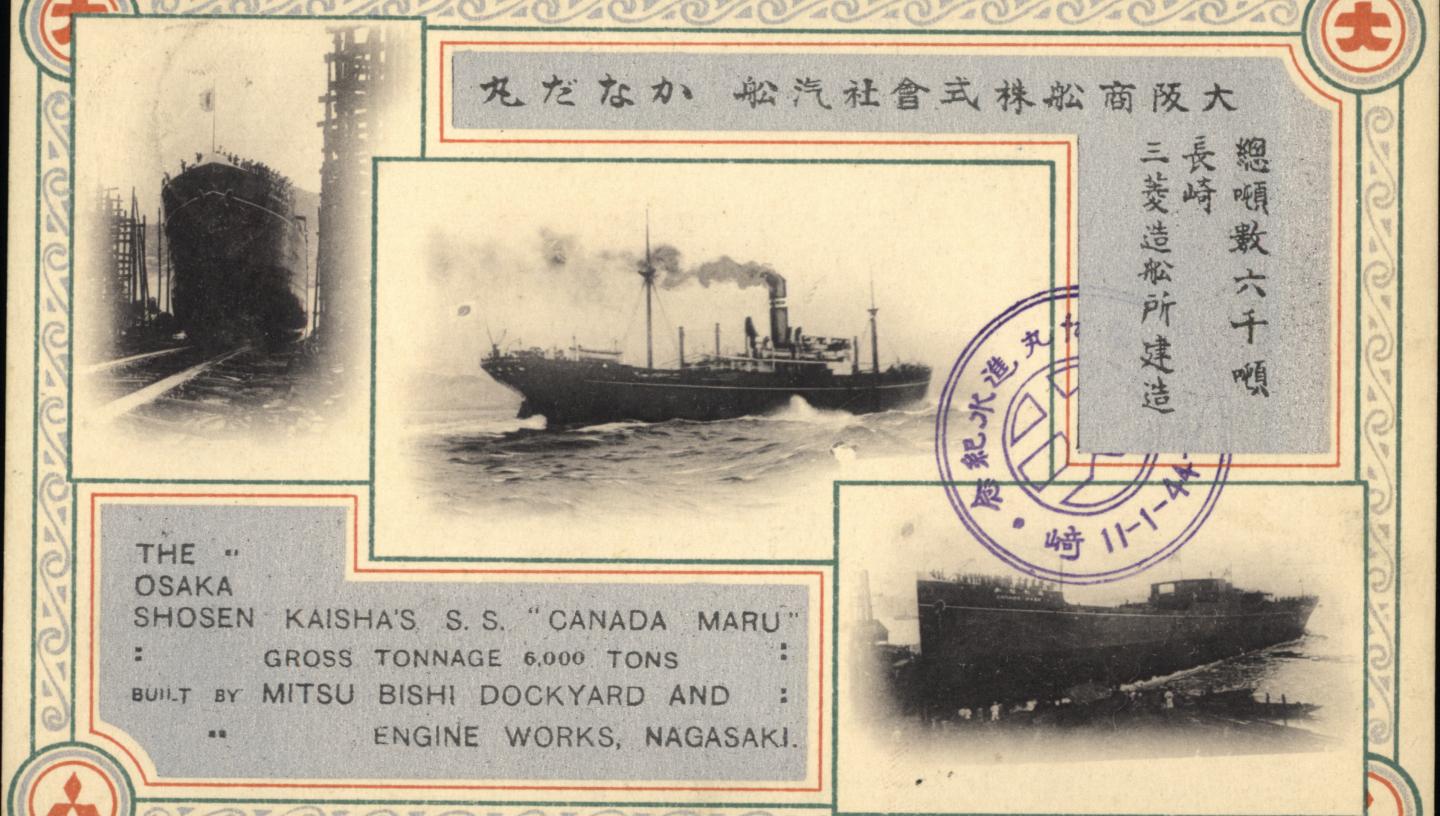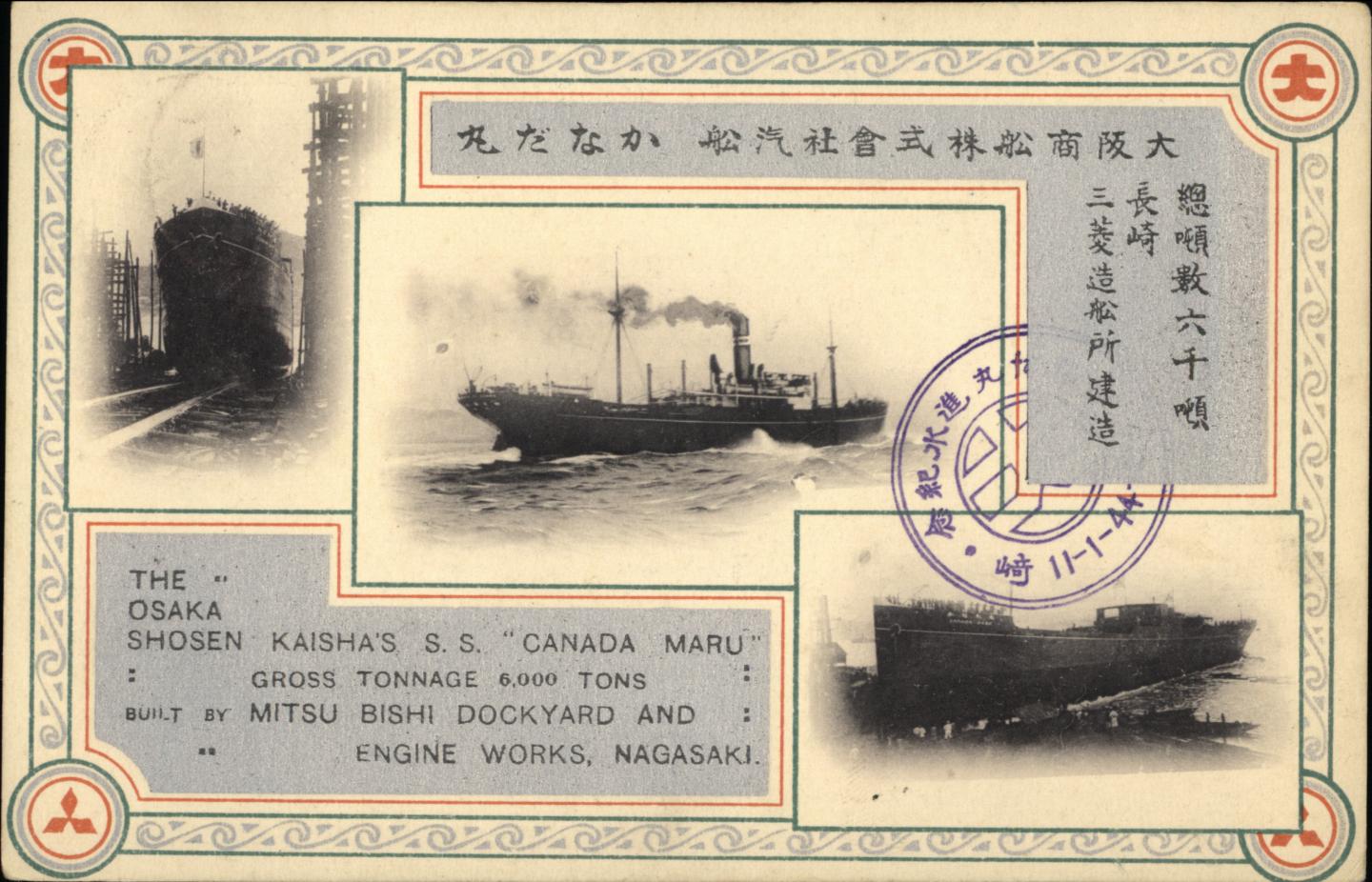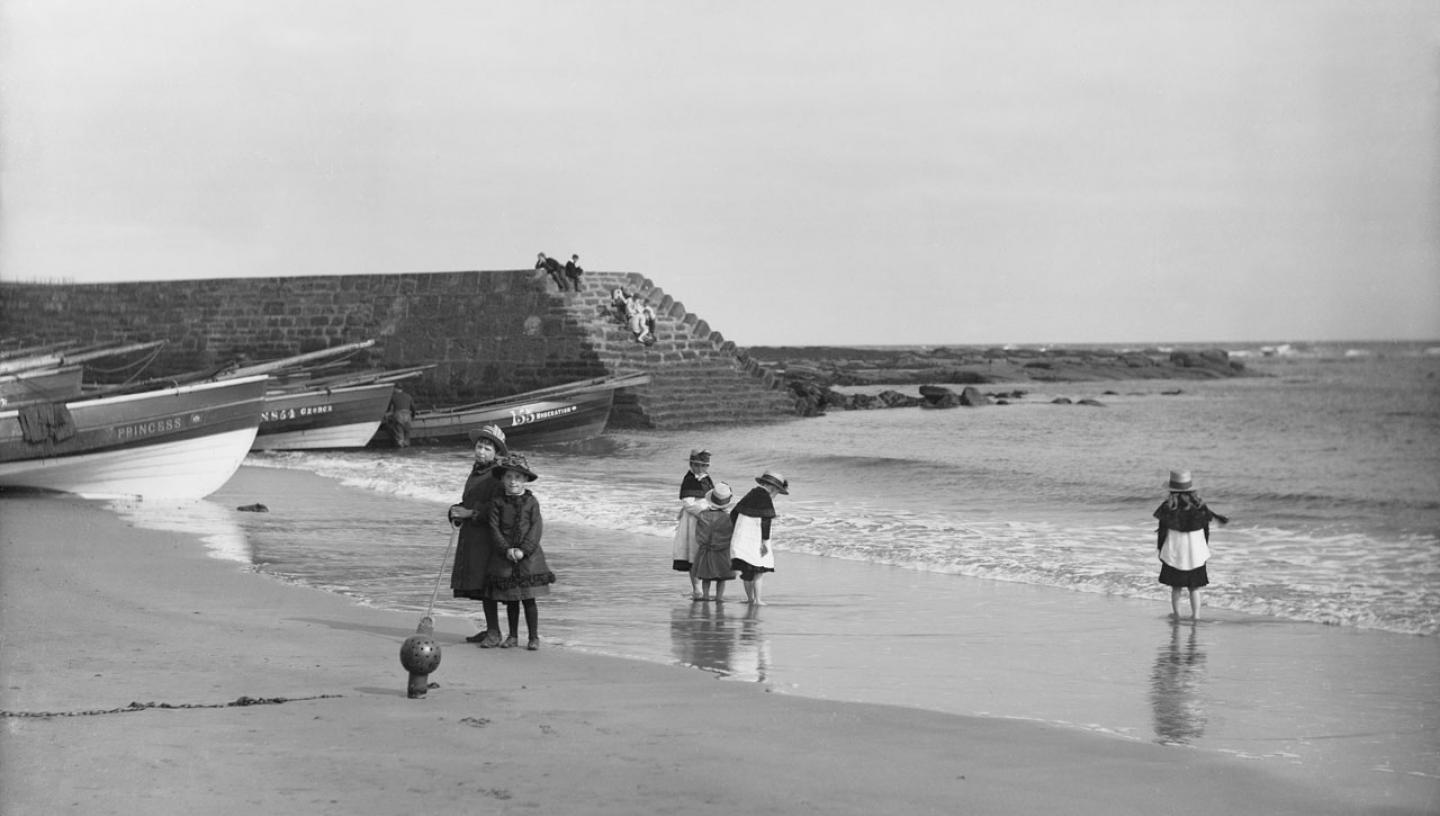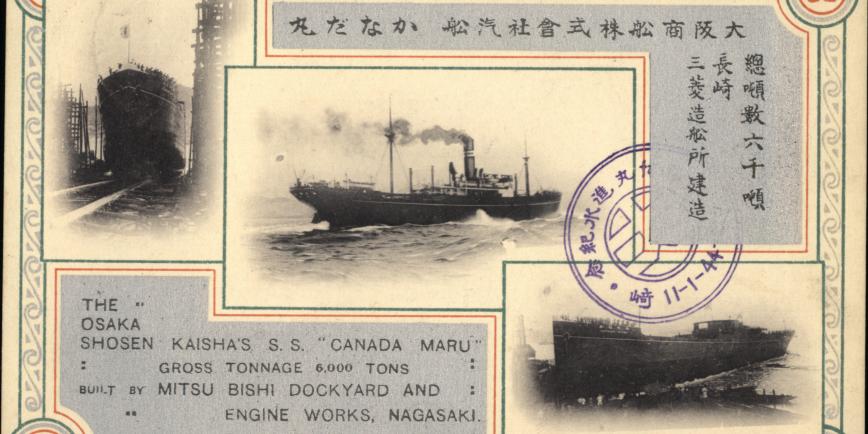
Essential Information
| Type | Talks and tours |
|---|---|
| Location |
Online
|
| Date and Times | Tuesday 27 May 2025 | 5.15-6.30pm |
| Prices | Free |
In 1926, the SS Canada Maru slipped into the harbour at Mombasa, inaugurating Japan’s first direct shipping line to East Africa. The ship, under Captain Mori Katsue and part of the fleet of Osaka Shosen Kaisha, moored at a transformative moment in Japan’s presence in the Indian Ocean and in its commercial relations with Africa.
Ships like the Canada Maru arrived in Mombasa crammed with the latest Japanese textiles, designed especially for the East African market. They left with holds filled of raw Ugandan cotton to feed the mills of Osaka and an export-driven economy that supported Japan’s imperial ambitions in East Asia and further afield.
In these “new markets”, Japan’s gain was Lancashire’s loss. Between 1913 and 1938, Japan’s worldwide cotton exports increased by a staggering 1,000 per cent, while Britain’s fell by 80 per cent. By the mid-1930s, the success of Japanese textiles in Africa and the Middle East was actively contributing toward the growing estrangement and even hostility of Britain and Japan.
In this talk, Professor Robert Fletcher explores this phenomenal growth both of Japanese commerce, and of its merchant marine more broadly, in terms of the projection of commercial power and informal empire on the East African littoral.
How did leading merchants, shipping executives, and diplomats imagine their new African markets? What did they think of East African landscapes and people, and their own presence in the region? What were the consequences of Japan’s rise as a global commercial power?

About the speaker
Robert Fletcher is Professor of History and Kinder Professor of British History at the University of Missouri. For 2024-25, he holds a Caird Fellowship at Royal Museums Greenwich and a Japan Society for the Promotion of Science Visiting Fellowship at Hosei University, Tokyo, to investigate the place of the Royal Navy and the sea in shifts in the Anglo-Japanese relationship across the nineteenth century.
What’s On
See all upcoming Maritime History and Culture Seminars

